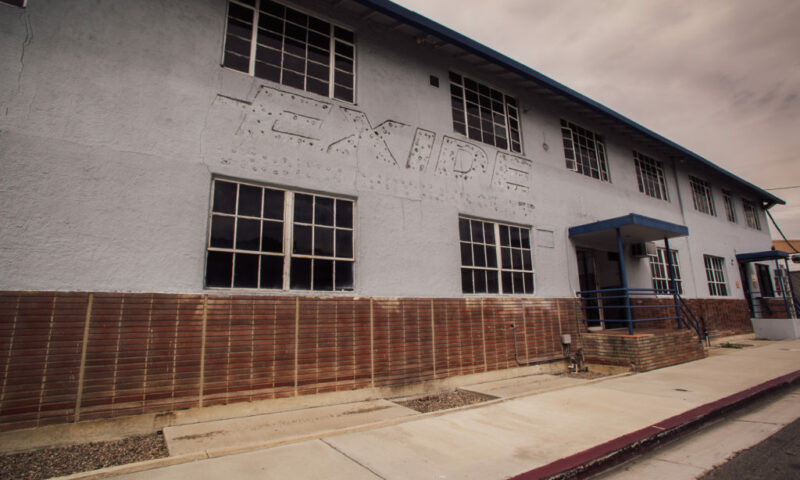

California’s Department of Public Health and Cal/OSHA didn’t protect workers from lead contamination at a battery recycling plant. A state Assembly member will hold hearings for a worker-protection bill based on our investigation.
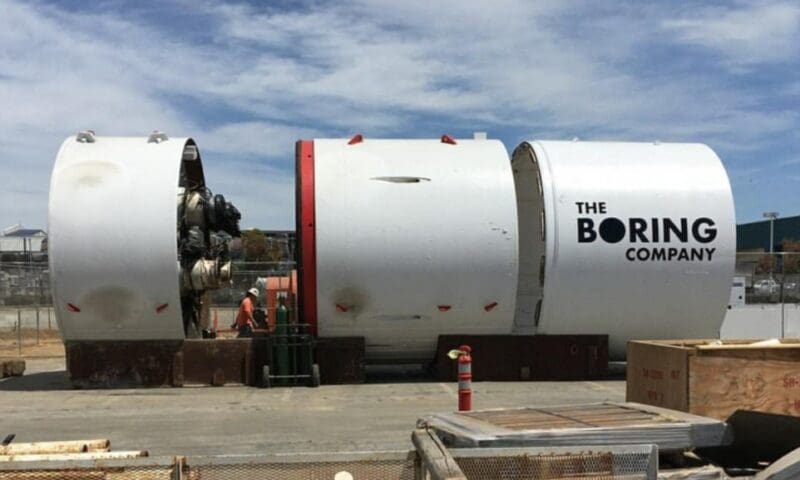
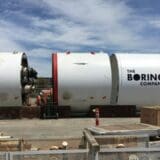
Co-published by Fast Company
The Tesla CEO’s proposal to bore a high-speed commute tunnel under the Westside of Los Angeles may amplify many of the county’s most deeply entrenched disparities.


Figures compiled from campaign contribution records show that fossil fuel industries donate almost exclusively to Republican candidates. “They’ve gone out of their way to help oil and gas and coal,” says one environmentalist.
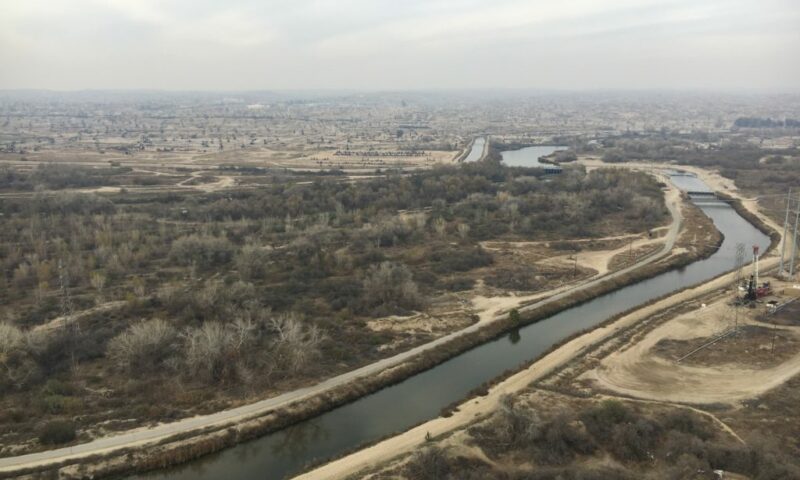

Both ozone and particulate pollution are attributed to oil and gas production, agribusiness, mega-dairies, power generation, heavy equipment and truck traffic – many of the Central Valley’s major businesses.


How much damage a 30 percent tariff will inflict depends on who’s talking. The Solar Energy Industries Association says the impact will be devastating. Others speak less pessimistically.
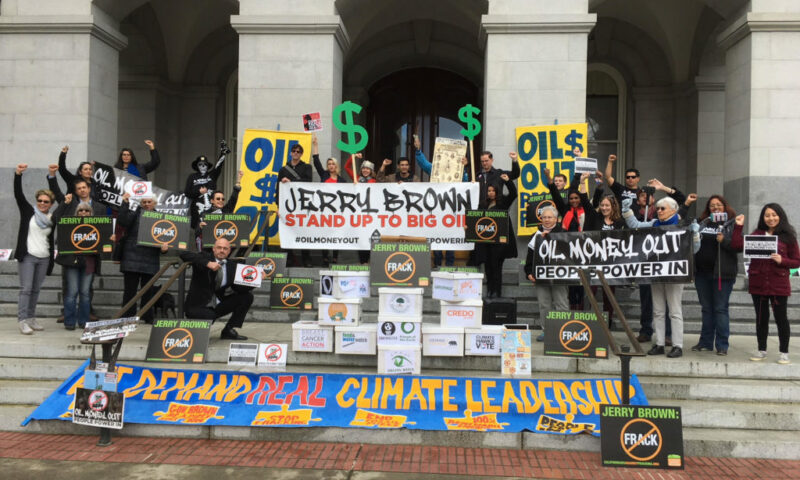
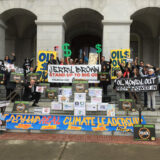
Climate-change activists hoping to hear the governor propose a new climate initiative during his State of the State speech Thursday were disappointed.
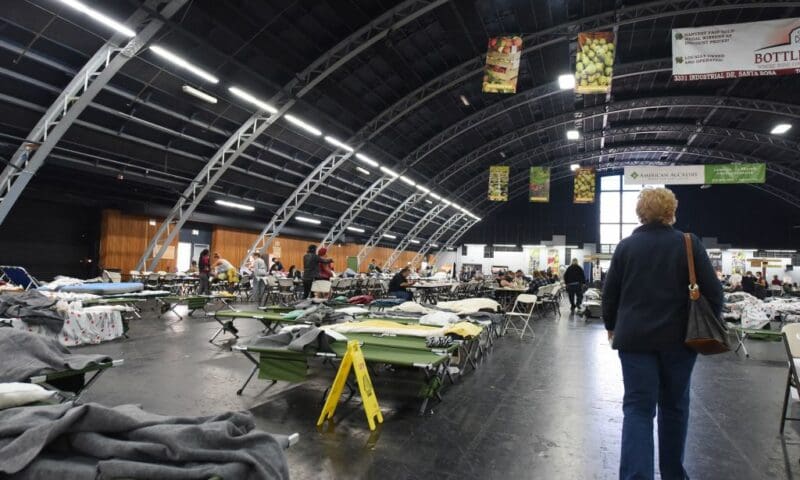
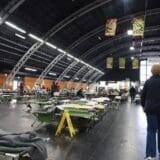
During Los Angeles County’s recent wildfires, local organizations that aid the homeless have been working overtime to help those in need.
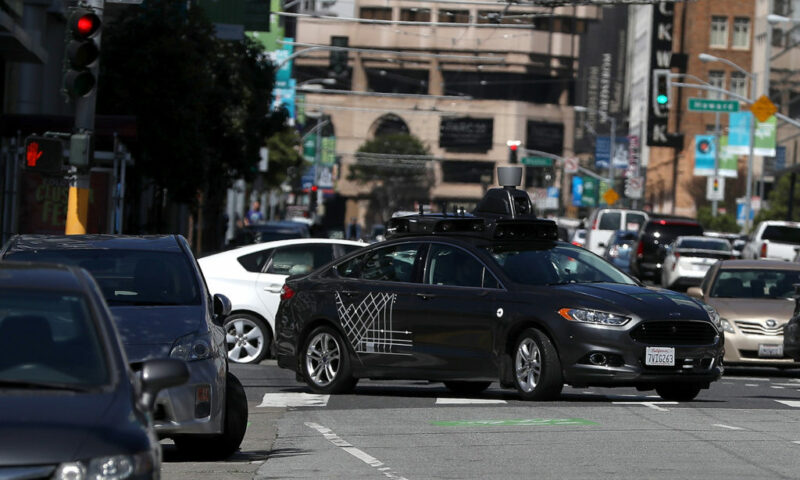

Are we putting too much pressure on autonomous electric vehicles to solve all of our problems, from pollution to congestion to traffic safety?
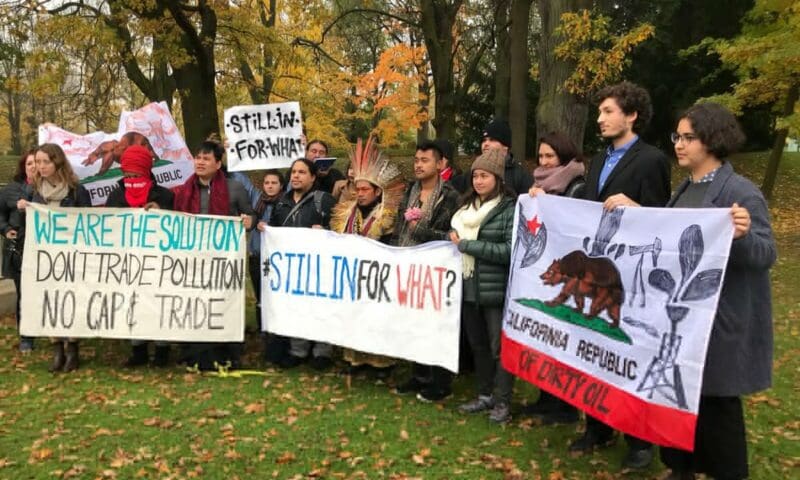
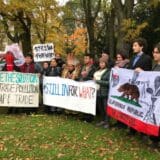
California succeeded in lowering greenhouse gas emissions last year. But a new study finds the state’s ambitious cap-and-trade program may have had nothing to do with it.
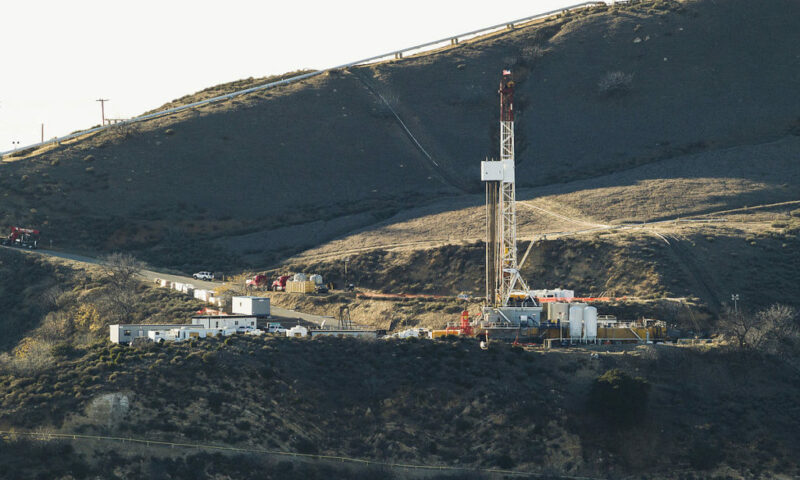
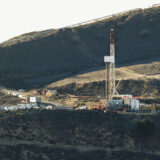
A family practice physician, testing patients living near the Aliso Canyon natural gas leak, says he has discovered the presence of toxins in their systems.
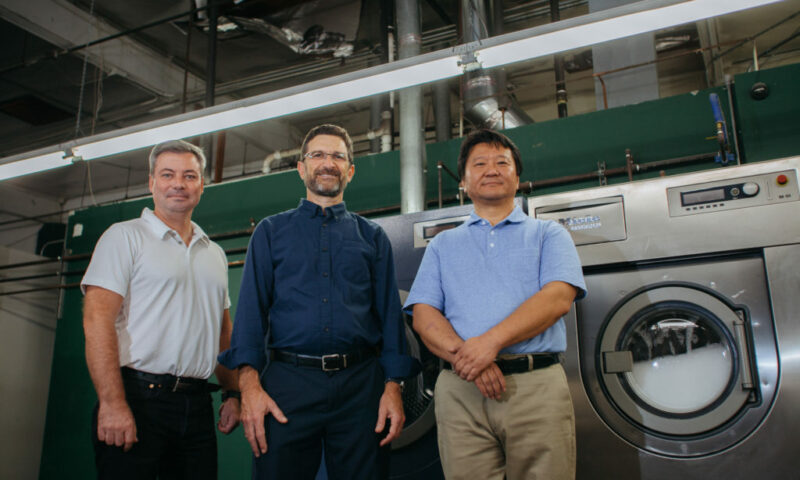
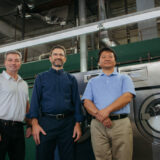
Professional “wet cleaning,” a process developed in Germany in 1991, relies on special computer-controlled machines and detergents to safely clean delicate garments with water. Can California’s dry cleaners be persuaded to switch from using toxic chemicals to this most eco-friendly of cleaning methods?
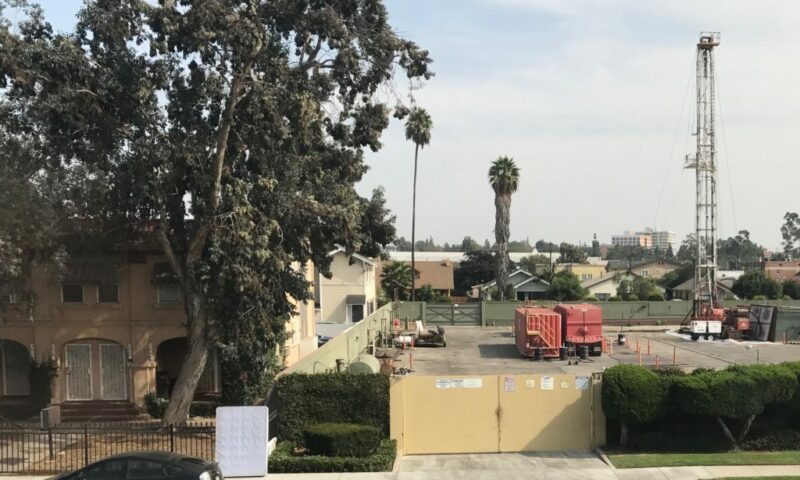
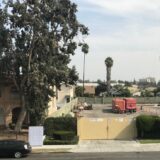
Los Angeles is the most densely populated city in the country with oil drilling within its borders. It sits on top of one of the largest oil fields in the country, and oil fields are peppered throughout the region, usually hidden from sight.
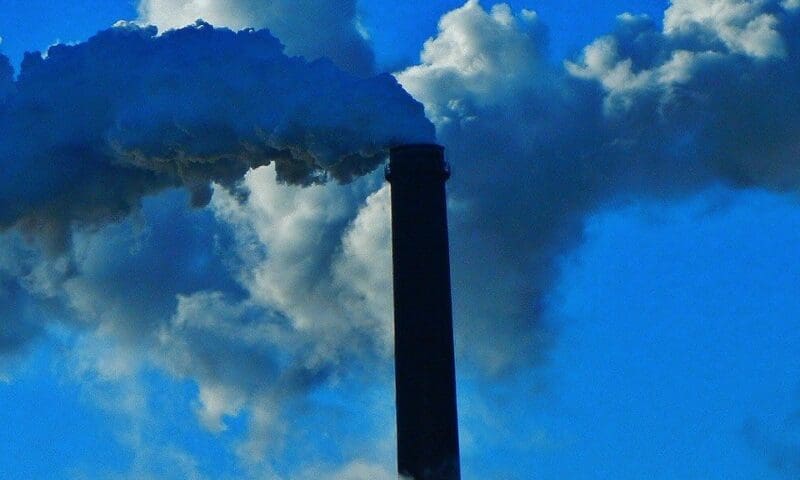

U.S. power plants rank among the highest emitters of greenhouse gases in the world. Dialing back their emissions would at least have marked a decisive step toward a national clean-energy economy.
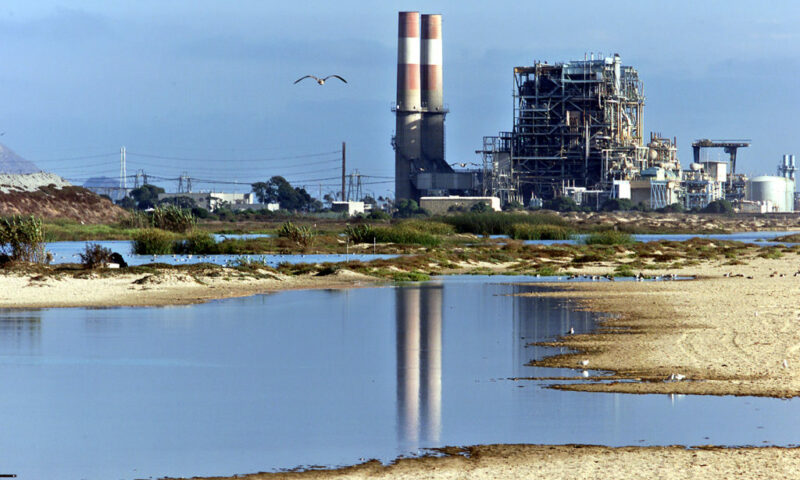
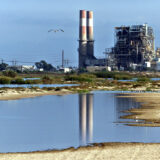
A state regulator signals its intent to deny a controversial gas-fired plant proposal.


Co-published by International Business Times
Environmentalists and community activists have long lobbied for a statewide ban on fracking. “Given what we know about fracking’s dangers, [banning it] is just a no-brainer,” says one advocate.

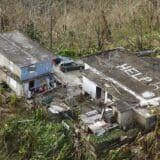
The press tends to cover the immediate aftermath of natural disasters. Readers get heroic stories, viewers see great visuals, and if they are lucky, the victims get help while people are paying attention. Then comes the long road to recovery.
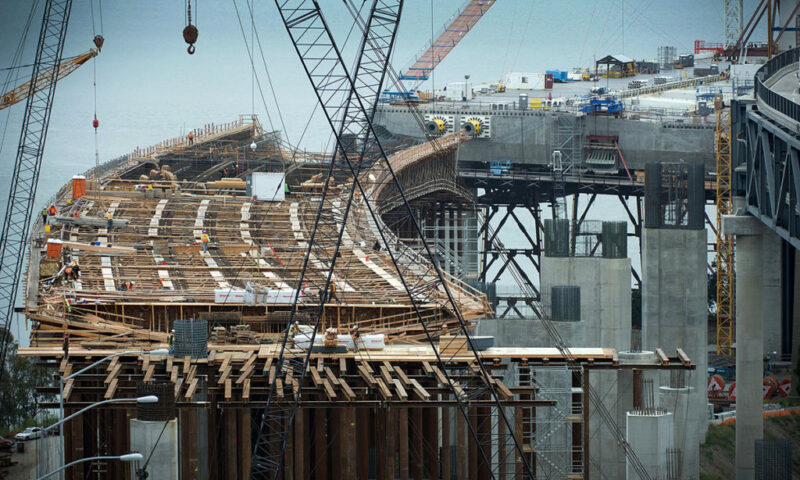

A new bill awaiting Governor Jerry Brown’s signature could use the state’s massive purchasing power as the world’s sixth largest economy to address greenhouse gas emissions far beyond its borders.
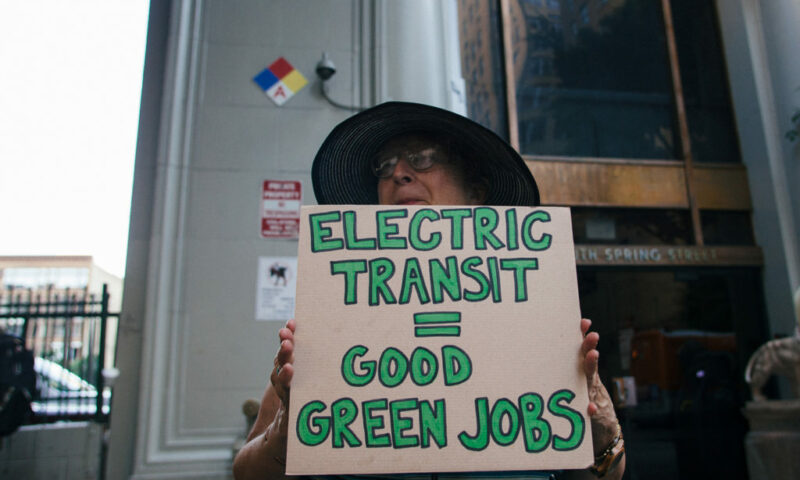
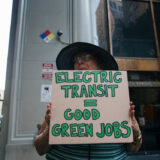
Activists have sent a loud and clear message to the California Public Utilities Commission: L.A. and the state should make electric transportation in the city and at the Los Angeles and Long Beach ports a priority.


Public records lawsuits are time consuming, requiring an attorney who believes the case is one for which it is worth going to the mat. But occasionally lines are crossed that simply have to be challenged.
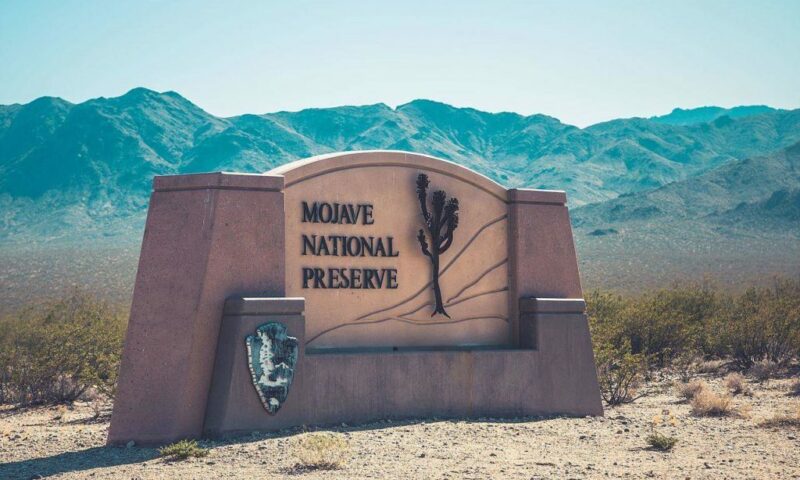
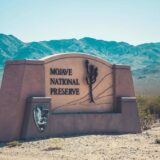
A California company wants to pump water from an ancient aquifer in the Mojave desert. Experts warn that draining the aquifer would irreversibly harm the desert’s fragile ecosystem, and at least one politician is listening.